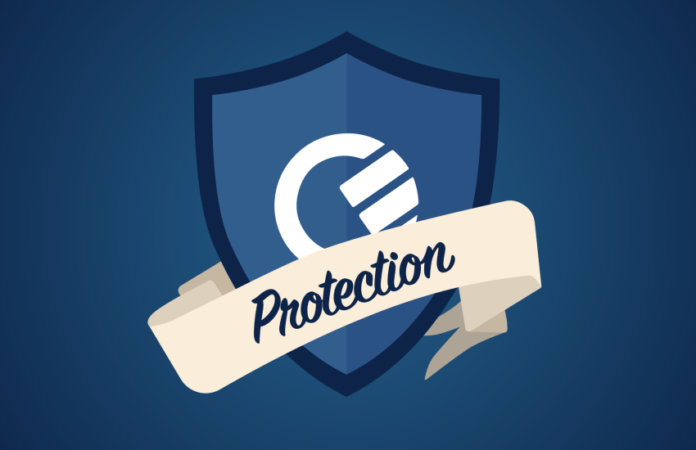In an age where high-profile business entities are highly susceptible to hackers and cyber-attacks, protecting your customers’ data has become paramount.
We are living in a world of big data where customer information is shared in many ways between credit card details and website cookies.
While browsing online, customers know that a certain percentage of their information is collected, some are also aware of the amount of data they give away, but only a few realize how much they give and how much of it is stored and used.
The Value Of Data Protection
Today’s customers are ultra-savvy, thanks to the digital revolution, and demand digital privacy. In theory, a business has to go through multiple interactions with customers to build trust. With (software as a service) SaaS platforms, data privacy is now more relevant than ever.
Today, many companies keep personal customer details in their files, including the social security numbers, names, credit cards, and other sensitive details that identify them. Should this data get into the wrong hands, it can result in identity theft and fraud.
The cost of a security breach can be expensive, from losing the trust of your customers to facing a lawsuit. Some organizations may have in-house expertise, while others may need to hire a contractor.
Strategies For Building An Effective Privacy Plan
Any company that is focused on maintaining a good reputation must have a solid plan of protecting the data gathered. Protecting customer data needs to be done wisely to create customer goodwill and boost sales while bringing down legal and business risks. Here are some of the best practices to employ:
1. Conduct a Data Privacy Audit
Begin by taking stock of the data you have, what your organization needs, and how it is being stored and secured.
Many times, businesses collect more information than necessary. Data can be collected without realizing, especially when automatic third party software codes are used.
The idea is to assess and review the privacy policy and protection posture of your company against regulatory and legislative requirements.
2. Minimize the Collection of Data and Retention
Most customer information may seem usable, and can, therefore, be tempting for an organization to keep all the data gathered from a customer. Privacy advocates recommend the storage of useful customer data. Gathering information you think you might use in the future only increases risk.
A company that stores too much information becomes an attractive target for hackers. When considering customer data, only store what you genuinely need. For instance, if you have developed a company mobile app, allow it only to access the data required.
Unless the personal information is integral to your services or products, do not retain it. If information must be retained for reasons linked to the business or to simply comply with the law, develop a policy of storing the details in a written form.
3. Outsource
It is not financially reasonable for a small business to keep a full time IT staff to protect data. If you collect credit card information in all your purchases, you might want to outsource the processing of payment.
A third party payment processor is safe and convinces your customers that they are not giving their details to a different company. Unless you can support a data center that withstands malicious hacking, you should consider offsite data storage.
4. Keep Your Technology Updated
One of the surest ways of protecting data is by keeping technology updated. It means ensuring there is antivirus software on all the company computers and taking advantage of the GRC tool.
The employees must also allow the virus updates to occur as the OS recommends. Every organization also needs to have protocols for eliminating access to the information by old employees as soon as they exit. Hackers target inactive accounts to get into the company’s data.
How can you Detect Breaches?
A company can only respond to a breach if it is detected early. A breach can lead to significant financial consequences to businesses of all sizes. You need to strengthen your security posture.
Because many attacks are technically designed by cybercriminals, it can be tough to identify a threat. It is vital that every company works on a threat-hunting strategy for regular checks of data and monitor abnormal network activity.
It is also crucial to invest in breach detection tools and keep a close eye on evolving encryption technologies and processes.
In this digital age, where businesses interact with customers online, protecting data has become central to every activity of a business. The best strategy for your business is to incorporate data privacy into daily activities and educate employees on the need to keep customer data protected.
That includes the need to account for every portable digital device from the start to the end of the shift. From security protocols to digital marketing strategies, identifying risks is critical to the success of your business.







